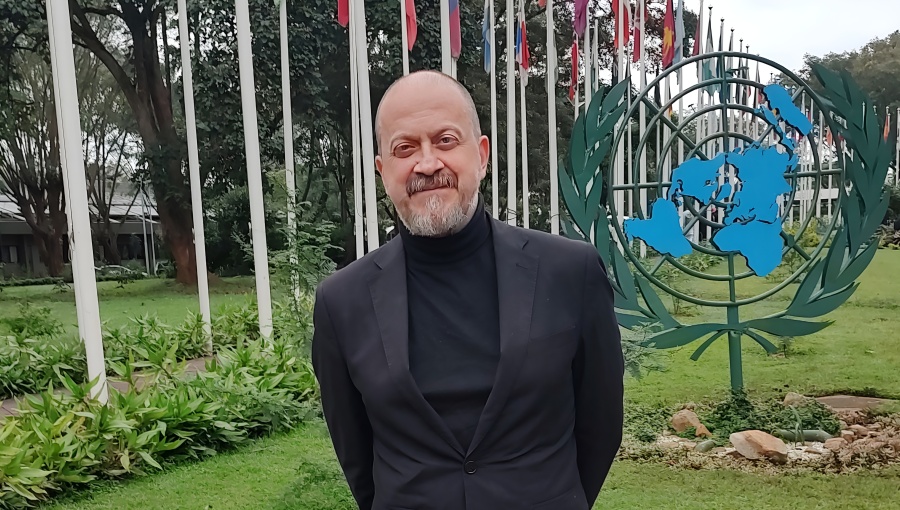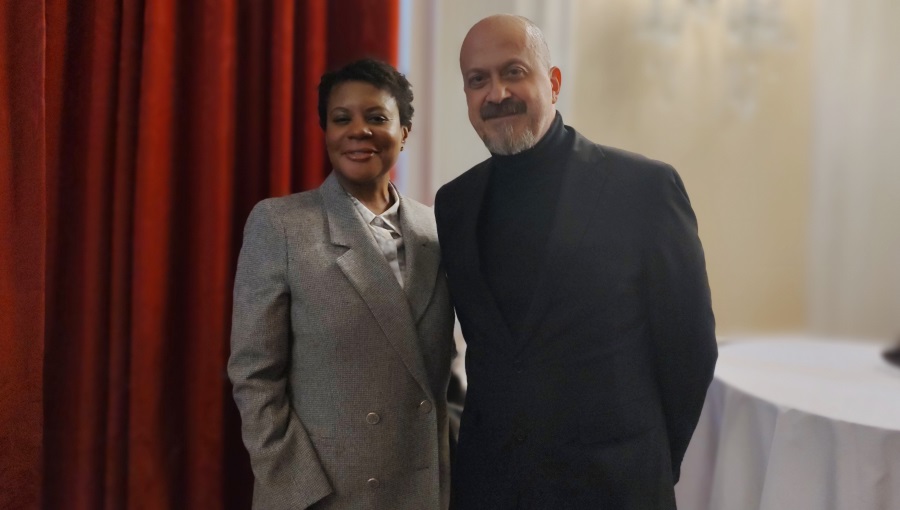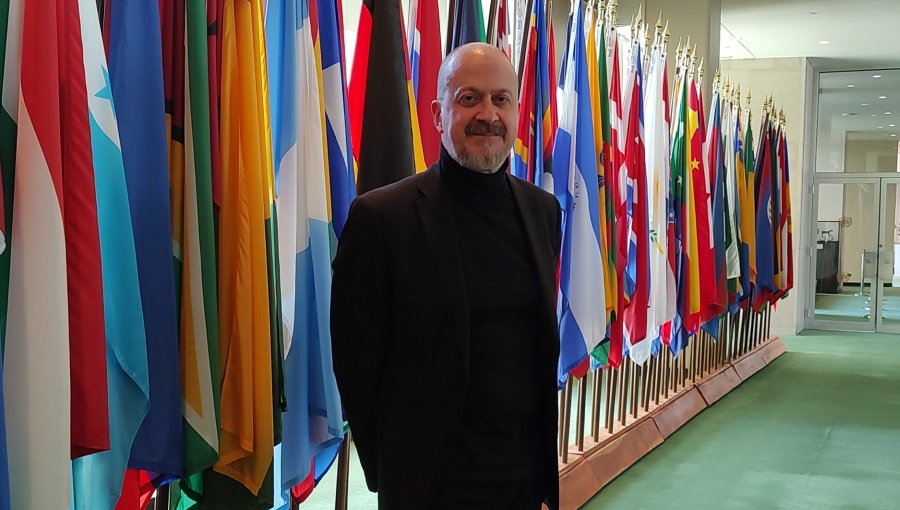Institute of Future and Innovation Studies Participates in Presentation of "European Chips Act"
On March 4, Francesco Lapenta, Founding Director of the JCU Institute of Future and Innovation Studies, was invited to participate in a panel organized by the “European Commission Representation in Italy” on the presentation of the “European Chips Act.”
The event, hosted by UNIDROIT (International Institute for the Unification of Private Law) and organized by Vittorio Calaprice, political analyst of the European Commission, welcomed:
Lucilla Sioli, European Commission Director for Artificial Intelligence and Digital Industry
Maria Chiara Malaguti – President UNIDROIT (and host)
Gianluigi Greco – President of the Italian Association for Artificial Intelligence
Stefano da Empoli, President of the Italian Institute for Competitiveness
Francesco Lapenta – Director of the Institute for Future and Innovation Studies at John Cabot University
Giorgio Bartolomucci – Secretary-General of the Diplomacy Festival
Marco Ceccarelli of the European Commission Directorate-General for Communications Networks, Technology, and Competitive Electronics Industry
Semiconductors (photo by Mikhail Nilov, Pexels)
The European Chips Act is designed to boost Europe’s technological sovereignty, competitiveness, and resilience as well as contribute to digital and green transitions. Chips — also known as semiconductors — are the building block of all electronic products. They play a central role in our modern economies and our daily lives. In addition, they underpin digital transformation and are essential to all industries, such as the car industry, communications, data processing, space, defense, smart devices, and gaming, to name a few. The recent global chips shortage has disrupted supply chains, caused product shortages ranging from automobiles to medical devices, and in some cases even forced factories to close. The recently adopted European Chips Act seeks to strengthen the semiconductor ecosystem and spells out the European strategy and rationale for recommendations to member states.
The wide-ranging conversation focused on the current geopolitical challenges to the development of AI applications and regulation of AI, the necessity to seek collaborations and international partnerships to agree on shared standards, and the challenges posed by the current state of chips design and production. Specifically, the conversation focused on Europe’s need to reinforce its leadership in research and production and to:
- enable access across Europe to chips design tools, and pilot lines for prototyping and testing innovative chips technologies;
- establish a certification procedure for energy-efficient and trusted chips to guarantee their quality and security for critical applications;
- foster education, skills, and talent in microelectronics;
- support a network of competence centers across Europe for promoting innovative design and use of semiconductors systems.





